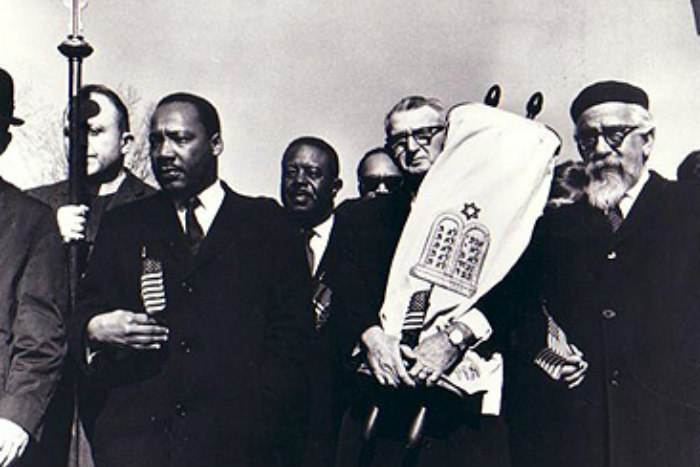
The ideology of a “return to Africa” from the African diaspora was called Black Zionism in the first half of the twentieth century, indicating an affinity with Jewish Zionism. (1) 

Just like Zionism, Black Zionism was a reaction to persecution, racism, degradation and discrimination, particularly a reaction to slavery. Black Zionism reflected profound disappointment with emancipation and reconstruction in the American South. (2) 

Like early Jewish Zionist leaders, Black Zionists rejected national assimilation to the host nations. They demanded a return to their African culture. They thought not only about political liberation but also about cultural-psychological liberation. (3) 

The most prominent Black Zionist of the 1920s and 1930s is Marcus Garvey. A Jamaican, Garvey's goals were to return to Africa by a Black shipping line, the liberation of Africa from white, colonial rule, and the establishment of a Black Empire to represent Black Power. (4) 

The Jewish Question was compared to the "Negro Question," the Jewish diaspora to the African diaspora, persecution of Jews, and Blacks' persecution.
Several influential Black leaders were highly empathic to the Jewish cause in establishing a homeland. (5)
Several influential Black leaders were highly empathic to the Jewish cause in establishing a homeland. (5)

Edward Wilmot Blyden, a Liberian educator & politician, said the following,
"There is hardly a man who does not recognize the claim and the right of the Jew to the Holy Land, and there are few who would not be glad to see them return their place in the Land of their Fathers."
"There is hardly a man who does not recognize the claim and the right of the Jew to the Holy Land, and there are few who would not be glad to see them return their place in the Land of their Fathers."

W. E. B. Du Bois,
"The demand for a Zion now became necessary for more than a million displaced and homeless Jews. There is no other place on earth to go."(Chicago Star, 1948).
In 1944, he lauded "Jewish Palestine" while criticizing Britain limiting Jewish immigration. (7)
"The demand for a Zion now became necessary for more than a million displaced and homeless Jews. There is no other place on earth to go."(Chicago Star, 1948).
In 1944, he lauded "Jewish Palestine" while criticizing Britain limiting Jewish immigration. (7)

In the 1945 Manchester Pan-African Congress, where Black leaders of Africa, together with Americans, called for the first-time complete independence of Africa, a prominent slogan of the Manchester Conference was “Down with anti-Semitism.” (8) 

Many have claimed Zionism is colonialist & racist, yet many Black political leaders of the 19th & early 20th centuries used Zionism as a basis for Black liberation from oppression. No one can ignore that historical impact, and Zionism is anti-colonial. (9)
• • •
Missing some Tweet in this thread? You can try to
force a refresh










